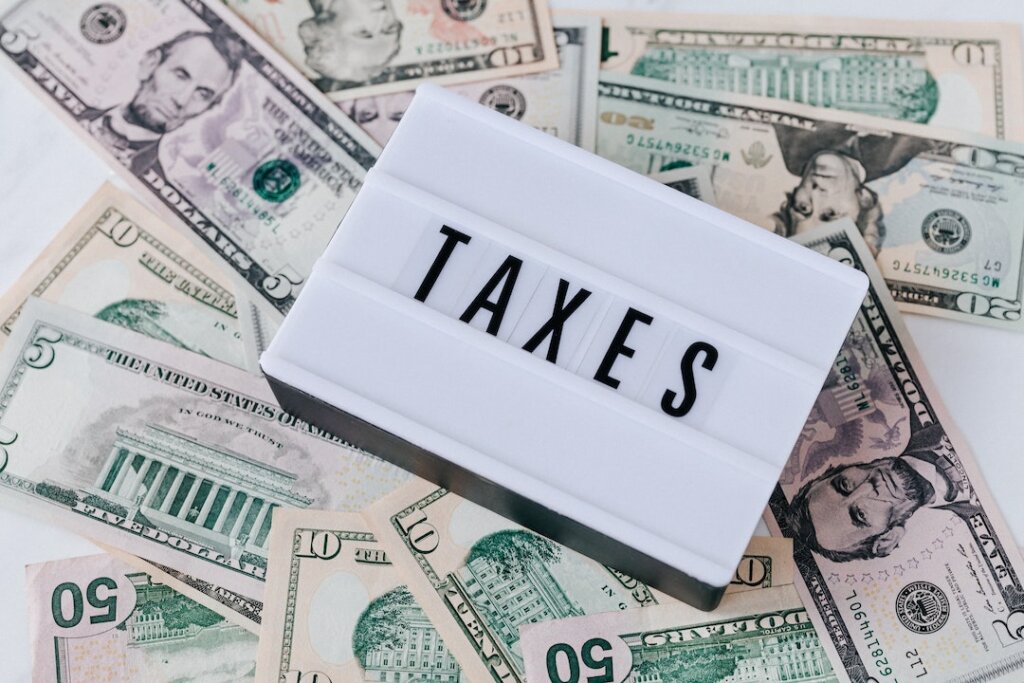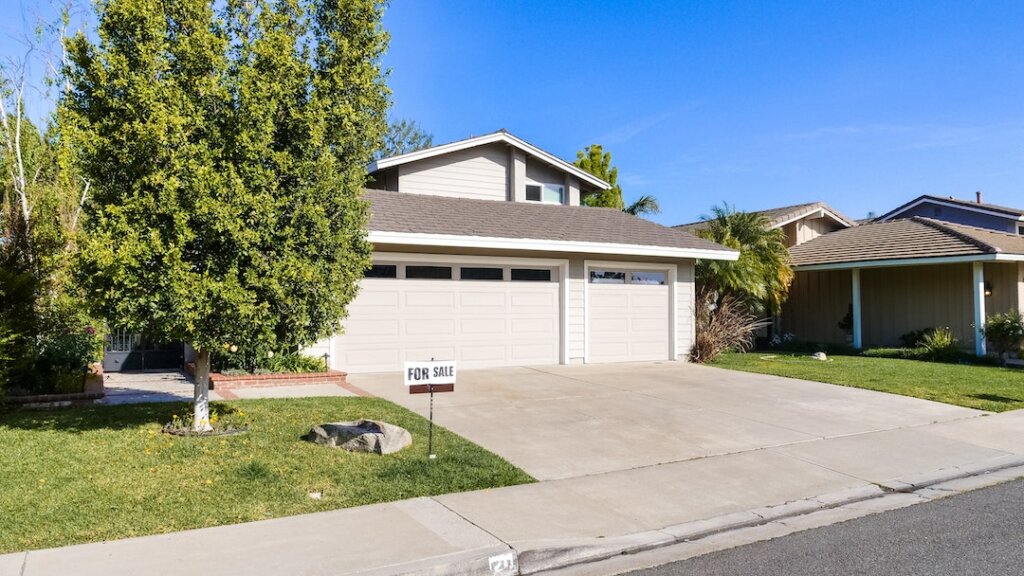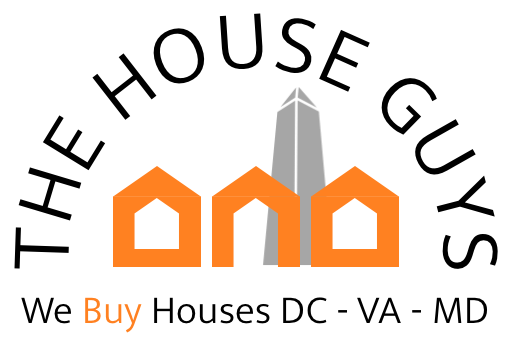
You’ve likely heard about closing costs, but do you know everything that they include and who can pay them? There’s no denying that closing costs are an inevitable part of selling a home– they encompass all the fees that need to be paid at the closing table. However, the person in charge of paying the closing costs can vary depending on contract negotiations and your buyer. These are important factors to weigh if you want to sell your house without paying closing costs…
- Closing costs can range between two and five percent of the purchase price of the home.
- Determining who will pay closing costs can be negotiated between the buyer and the seller.
- Selling to a company who buys houses for cash is a guaranteed way to avoid paying all closing costs.
What Are Closing Costs?
When buying or selling a home there are closing costs including real estate broker fees, fees connected to a lender, title charges, and transfer fees. Some closing costs are static while others vary based on the purchase price of the home such as transfer tax and recordation fees. All settlement fees are broken out line by line on the HUD (Department of Housing and Urban Development), which is provided by the title company. Note that closing costs can change depending on where you live and the type of home bought/sold (e.g. house vs. condo).
Real Estate Agent Fees

If an agent is involved in the real estate transaction, the agents’ commissions will be paid at closing. This includes both the buyer’s agent and seller’s agent commissions (typically two to three percent of the sales price per agent). If no agents were involved in the sale or purchase of the home, the real estate agent fees are zero.
Items Payable in Connection with Loan
Many loans require an appraisal, credit report, and processing fee. The cost of these are paid at closing along with origination fees and any points charged by the lender (common among hard money lenders). Other charges include a loan preparation fee, document review fee, and interest reserve. If the buyer purchased the home in cash (i.e. no loan) then these closing costs are $0.
Items Required by Lender to be Paid in Advance
Lenders can require daily interest charges, a mortgage insurance premium, and a hazard insurance premium to be paid in advance. Prepaid daily interest charges are most common and are usually charged from the date of closing to the first of the next month. For example, if you close on June 16th, you will be charged daily interest from June 16 to July 1. If no lender is involved in the transaction (meaning the buyer paid in cash), these fees are not applicable.
Escrow Account with Lender
Escrow account deposits with a lender include homeowner’s insurance, property taxes, and (if applicable) mortgage insurance. These escrow deposits are the buyer’s responsibility. An escrow account is not applicable if the home is being purchased in cash (i.e. without a lender).
Title Fees
Title fees are paid to the title company to finalize the home sale in accordance with state and local laws. There are several title charges, which are static fees (i.e. not based on the purchase price of the home). Not all of these title fees are always applicable depending on the way the purchase is financed.

- Settlement or Closing Fee to Title Company
- Abstract or Title Search
- Lender’s Title Insurance (Lenders may require title insurance)
- Owner’s Title Insurance (Not required)
- Title Commitment Fee
- Release Tracking Fee
- Electronic Recording Fee
- Release Coordination Fee
- Deed Preparation Fee
- Notary Fee
- Attorney Fees (if applicable)
Government Recording and Transfer Fees
Recording fees and transfer taxes are the fees assessed by the state and local governments when selling a home. The recording fees and transfer taxes include recording fees, local (city or county) recordation tax, state recordation tax, and grantors tax. These fees fluctuate based on the sale price of the property– the higher the sale price, the higher the fees. Depending on where you live, you could be charged regional fees such as a Regional Congestion Relief Fee if you live in the Washington DC Metro area.
Additional Settlement Fees

There are additional settlement fees at closing, which are miscellaneous fees that don’t fit into the standard categories. These can include pro-rated property taxes, water balance, property survey charge, and a tax certificate fee.
Depending on your bank there may be wire transfer fees to receive the payment (as the seller) or make the payment (as the buyer). Note that any liens against the property will need to paid to clear the title before closing. In addition, if the home is not owned outright, the balance of the mortgage or loans against the home will also need to be paid at closing.
Condo Settlement Fees
Condo settlement fees are specific to the sale of condominiums, as federal law requires additional documentation be provided to the buyer. If you are closing on a condo instead of a house, there can be charges for the condo resale package, condo transfer fee, condo HOA payment for the upcoming month, and any condo past due balances.
Who Pays Closing Costs?
Buyers and sellers can negotiate who pays for the closing costs, and the division of closing costs will be documented in the purchase agreement. Closing costs can range anywhere between two and five percent of the purchase price of the home.
While buyers will usually pay for the majority of the closing costs, it is important to note that typically sellers pay the commission for both real estate agents. When selling with an agent, this commission will be about five to six percent of the final sale price for both the buyer’s and seller’s agents.
Other than your possible mortgage balance, agents’ commissions is the biggest cost when it comes to payments at the closing table. As a seller, you will also need to pay your share of the year’s property tax, up until the day of closing. Any HOA fees or other community costs should be pro-rated and paid at this time, as well.
What Are Seller Subsidies?

Seller subsidies are an amount the seller agrees to pay towards the closing costs. These subsidies are negotiated between the buyer and seller. For example, a seller can offer to put one percent towards closing to help relieve some of the costs for the buyer. Overall, paying these subsidies are often a small price to pay to bring retail buyers to the table!
How To Lower Closing Costs
Selling your home “For Sale By Owner” allows you to lower closings costs by removing the seller’s real estate agent commission. As the seller, you take on the role and responsibility of the agent from marketing the home to negotiating with buyers. If your buyer is not working with an agent, you can save the agent’s commission on the buyer side of the transaction, as well.

The savings from commission can add up to five to six percent of the sale price. However, remember to account for the cost to market your own home when selling “For Sale By Owner.” Marketing can include professional photography, a flat fee MLS listing, attorney fees to draft a purchase agreement, home staging, and potentially an appraisal to determine the ballpark value for your home.
In addition, selling FSBO usually takes longer than working with an agent, so it’s important to account for the additional mortgage payments, insurance, property taxes, and utilities that need paid while waiting for the home to sell. Although a successful home sale by owner can lower your closing costs, it will typically cost you your time.
How To Avoid Paying Closing Costs
By working with a direct cash home buyer such as The House Guys, you can avoid paying ALL closing costs. The House Guys not only cover both buyer and seller closing costs, but we also do not charge you a commission. We actually pick up all costs and pay cash, which will save you time, money, and hassle at the closing table.
If you are a homeowner interested in selling your house without closing costs and skipping all the hassles of selling the traditional way, fill out our form below or give us a call. (571) 207-5171

